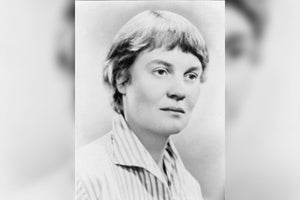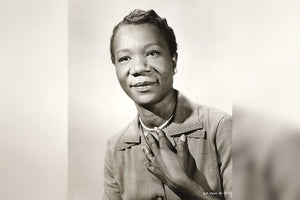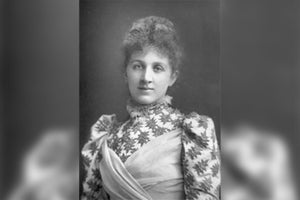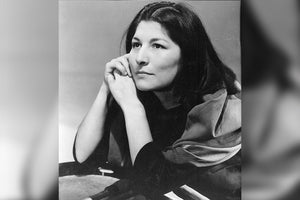Birthday- June 5, 1887
Who was Ruth Benedict?
Ruth Benedict was known to be an anthropologist and a prominent folklorist in the United States of America. She was the first woman who studied anthropology and was among the best in her field. She transformed anthropology and folklore into a vital part of how society is interpreted today, which was the complete opposite of how people interpreted it in the 18th century. In her book that she wrote in 1934, called the Patterns of Culture, she championed the relationship between art, language, and culture and said that they were not different aspects of society.
Five facts about Ruth Benedict
- She studied anthropology at the New School of Social Research and graduated in 1921 from Columbia University.
- She became the president of the American Anthropological Association and an essential member of the American Folklore Society.
- Her father died after being infected by an unknown disease acquired from one of his surgeries in 1888.
- She was in a relationship with Margaret Mead due to their shared passion for anthropology as they had studied together.
- She was born in New York and attended college at Vassar College, where she graduated in 1909 before she went to the New School of Social Research.
Famous Quotes from Ruth Benedict
"The main purpose of anthropology is to make the world safe to accommodate human differences."
"The trouble with life isn't that there are no answers; it's that there are some many answers to explore and many things to understand."
"I wish to speak out the intense inspiration that comes to me from the lives of the strongest women in the world, based on their personal experiences."
"No man ever looks at the world with pristine eyes. He looks at it and sees it edited by a definite set of customs, institutions and different ways of thinking."
"There are two kinds of opportunities, one which we chance upon and the other one which we create on our way."
"Experience, contrary to many beliefs, is mainly imagination."
"I have always used the world of make-believe with a certain desperation."
Ruth Benedict Biography
Early life
Ruth Benedict was born on June 5, 1887, in New York. Her mother was Beatrice Shattuck, and her father was Frederick Fulton. Her mother worked as a teacher, while her father was a surgeon, who died prematurely after contracting an infection during his surgeries in 1888. His death forced them to move to Norwich, New York where Benedict had to move in with her grandparents.
She attended St. Margaret School for Girls before she enrolled at Vassar College in 1909. She graduated in English Literature and traveled around the world after getting an invitation from a wealthy trustee, and she got the opportunity to see different homes. She also studied at the New School of Social Research under Elsie Parsons' wing and later graduated from Columbia University with honors in anthropology in 1921.
Husband and Children
Ruth Benedict fell in love with Stanley Benedict, whom she had met in 1901. She had permitted him to visit her on her farm, and Stanley proposed to her. They later married, and he began to write many articles about love to break the monotony of her busy married life to Stanley.
However, Stanley's injury made it hard for them to be closer to being far from home. They did not have any children together. She was also believed to have been romantically involved with Margaret Mead due to her anthropology passion during their school days.
Mission and Work
Ruth taught her first anthropology class in 1922 and was appointed as an Assistant Professor in the anthropology department at Barnard College. She is also known to have written a book called Pattern of Culture, which was released in 1934, and it detailed how anthropology would be studied. The book detailed different aspects of art, culture, and language and how they can be interpreted today.
She also wrote a book called The Races of Mankind. The book was acclaimed in talking about racial beliefs and racism as a topic through scientific points, and it used cartoons and a simple language to understand it.
Legacy
Ruth Benedict is remembered to have been one of the best anthropologists worldwide, and there is an American Anthropological Awards named after her. The Ruth Benedict Prize is given to a person who is identified to have brought about scholarly works of anthropology about a bisexual or transgender topic.
She was also inducted into the National Women's Hall of Fame in 2005 due to her anthropology achievements. In Stony Brook University, Benedict College is named after her. A postage stamp was also issued in 1995, remembering her and her works in anthropology, especially in educating the Americans of Japanese culture during the world war.
![]() Fast Shipping
Fast Shipping![]() Subscribe to our Newsletter
Subscribe to our Newsletter![]() 🌟 New Global Competition 🌟
🌟 New Global Competition 🌟















